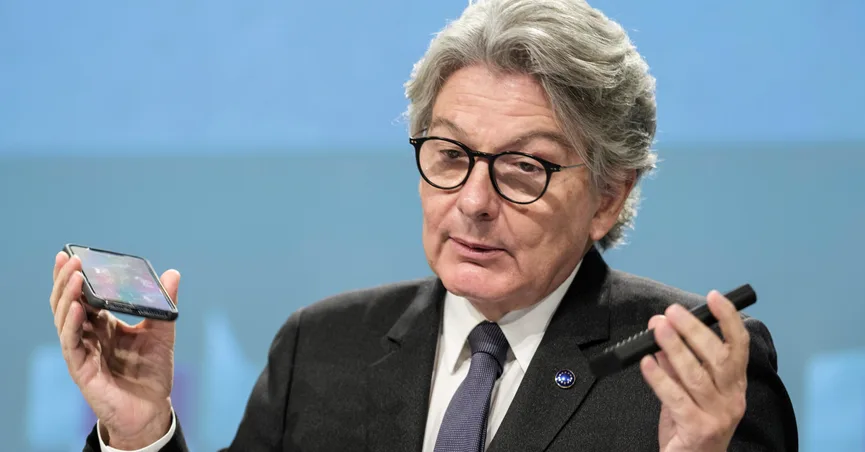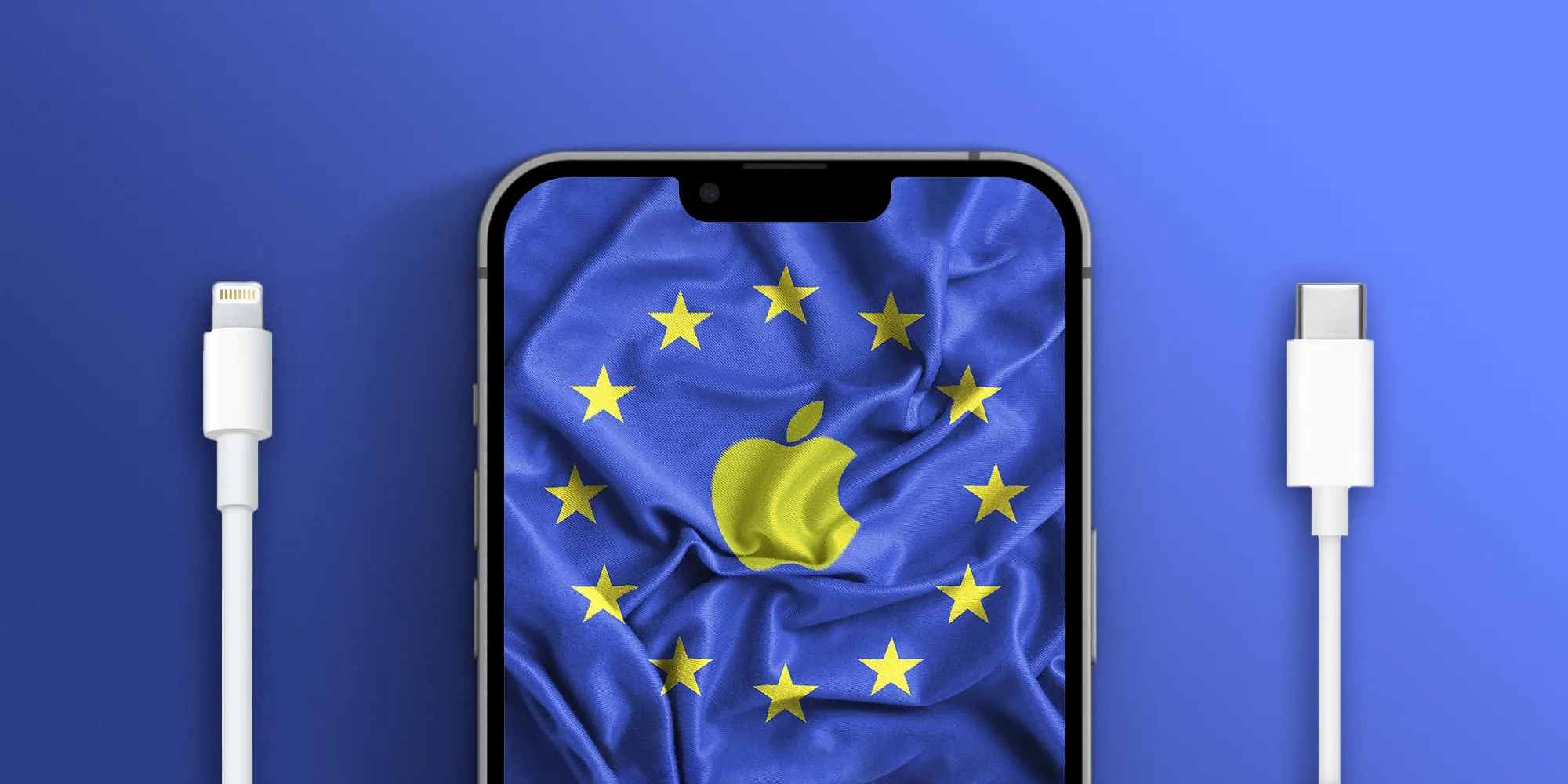Starting in the fall of 2024, European Union legislators have secured a temporary deal requiring mobile device producers to incorporate a standard USB-C charging connection in devices sold in the EU.

The European Parliament said on Tuesday that it has achieved an agreement to change the Radio Equipment Directive, requiring manufacturers to use USB-C as the standard charging connector for a wide range of products, including smartphones, tablets, and cameras.
The European Commission recommended USB-C as a universal charging connector in October of last year, allowing users to charge their devices using the same USB-C charger, independent of device manufacturer.
It also suggested decoupling the selling of chargers from the sale of electronic gadgets in order to reduce the number of “unwanted chargers” purchased or left unused. However, the plan only applies to wired chargers and excludes wireless charging, implying that a gadget will only require a USB-C connector if it is charged by cable. There is no requirement for the gadget to have a USB-C connector if it will solely be charged wirelessly.
Consumers in the EU possess on average three mobile phone chargers, of which they use two on a regular basis, according to the European Commission. Despite this, 38% of users said they had encountered troubles at least once. They said that the offered chargers were incompatible and that they were unable to charge their phones.
Consumers spend around €2.4 billion annually on standalone chargers that are not included with electronic gadgets, according to the Commission.
Furthermore, it is projected that discarded and unused chargers generate up to 11,000 tonnes of e-waste per year.
The new guidelines would compel Apple to include USB-C connectors on its products, which would be the most significant change. Given the priority Apple places on consistency in its manufacturing lines for markets all over the world, this might lead to Apple devices being altered in other countries as well.
It’s worth noting, though, that Apple has been moving away from the Lightning cord in recent years. MacBooks and iPads with USB-C charging connections have already been released.
Furthermore, it is rumoured that Apple is working on a port-free iPhone that will only be charged via a wireless charger.
The new regulations, according to Gizmodo, will only apply to items that are introduced after the law takes effect.
After the law is published in the EU Official Journal, manufacturers will have a 24-month grace period.
After the summer holiday, the European Parliament and Council are anticipated to formally ratify the accord.
The same charger requirement will also apply to laptops, according to Gizmodo, although manufacturers will have 40 months to convert their products to the new requirements.











